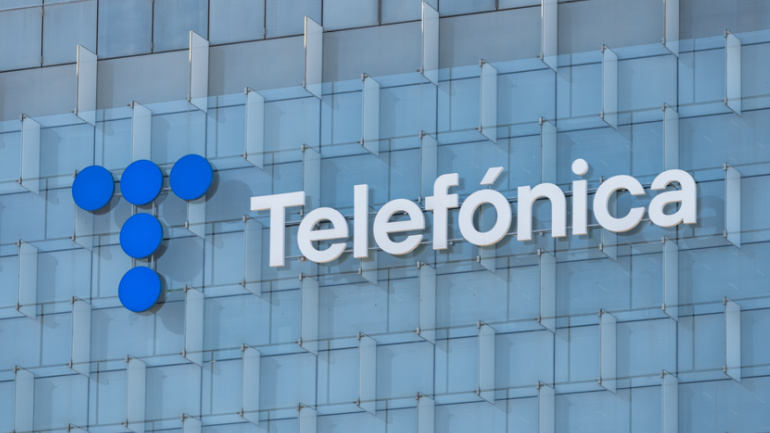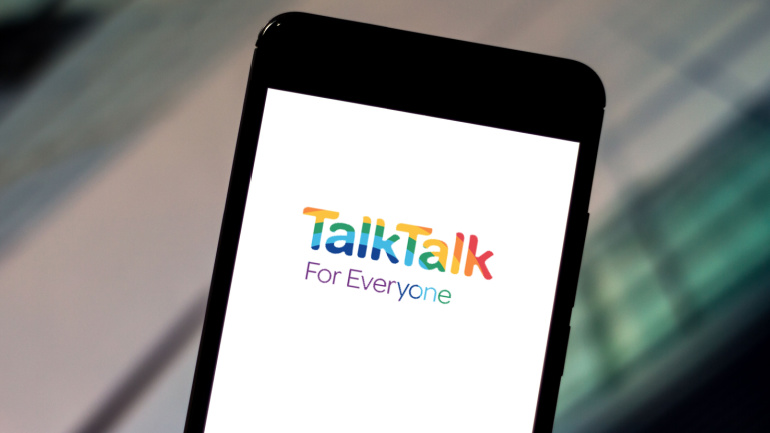As the Competition and Markets Authority gears up for an official investigation about the planned merger between Vodafone and Three, concerns such as reduced consumer choices, price hikes, and changing market dynamics are cropping up. Simultaneously, anticipation builds over potential improvements and expansive opportunities the merger might usher in for the UK’s mobile network scene.
BT and Immersive Interactive Ltd introduce the Immersive Spaces project across Northern Ireland. This 5G-enabled, interactive simulation offers a variety of experiences and learning opportunities for multiple sectors. The space offers a 360° view through HD projectors connecting to EE’s mobile network. Attributes like real-life scenarios, interactive elements, and sensorial enhancements are plunging users into exciting simulated realities. The technology has applications in training environments and sectors across the board, allowing users to step into realistic or imagined situations. Learn more about this revolutionary platform and its potential.
As Malaysia deliberates on Huawei’s engagement in their projected second 5G network, international eyebrows are raised. Clamor for transparency grows louder as the telecom world anticipates waves of change from this decision’s rippling effects.
Spanish telecom titan Telefónica is allegedly exploring a potential divestment from its successful subsidiary, Telefónica Tech. With a speculated valuation over €2 billion, Tech has made impressive strides in sectors like cybersecurity and IoT. However, despite robust revenue growth, the benefits of Tech to Telefónica’s overall operations remain ambiguous. Will Telefónica cash in, or continue cultivating this promising asset? Insights may be revealed in the CEO’s upcoming strategy announcement. Stay informed as we delve deeper into this intriguing possibility.
Strengthened by two pivotal elements, technical prowess and spectrum liberalization advancements, 5G cellular technology emerges as a game-changer. Its reliable performance makes it a preferred choice, enriching private 5G networks globally; a feat powered by QCT and its OmniPOD solution. In the telecommunications horizon stands ‘Network X’, a groundbreaking initiative merging wireline and cloud under the 5G umbrella. Slated for October 2023 in Paris, it aims to propel progress in product innovation and network modernization. Indeed, the 5G revolution is unmissable for businesses and individuals alike, with platforms like Network X offering invaluable insights.
The recent signal disruptions experienced by Sky Mobile users in the UK have been linked to the government-mandated removal of Huawei equipment from the network, fuelling concerns over national security. Network operators have voiced scepticism, predicting significant disruption, increased expenses, and potential delay in the rollout of 5G infrastructure. Sky Mobile, however, assures compliance with the directive and minimal impact on their customers.
The telecommunications realm of Sweden and Denmark is on the brink of a substantial transformation, with Stonepeak’s impending acquisition of a 49% stake in Cellnex Nordics. Despite alterations in ownership, operational management remains with Cellnex. However, the agreement awaits regulatory approval, with full expectancy of completion by Q1 2024. The funding injection is anticipated to bolster Cellnex’s debt reduction strategy, aiming for a coveted S&P investment grade credit rating. Both parties share a positive outlook, viewing this step as critical in Cellnex’s broader shift towards consolidation.
The EU’s first annual State of the Digital Decade report highlights an urgent call to action for increased investment to meet its 2030 technology targets. The report underlines the significance of collective efforts by member states to successfully navigate the prevalent digital transformation. The document illuminates areas such as 5G deployment, which has been slower than expected, and inadequate fiber network coverage, among others. Simultaneously, it draws attention to other essential aspects, like digital sovereignty and the digitalization of businesses, suggesting an additional investment of at least €200 billion may be necessary. Issues such as these could hamper the bloc’s ambition to double its share in the semiconductor sector by 2030.
TalkTalk, a renowned Broadband ISP, recently unveiled plans for a radical transformation. The organization aims to split into three distinct operations: business, consumer, and wholesale. As this change signals a departure for current CEO, Tristia Harrison, successors are already being primed. This strategic move aims to enhance customer service, streamline operations, and diversify investment routes, despite looming debts and past acquisition attempts. The complete ramifications of this crucial split unfold at Connected North 2024.
Sweden’s recent spectrum auction has not only proved to be a triumph for the Swedish Post and Telecom Authority (PTS), but also for the nation’s digital future. The robust participation from the country’s primary operators substantiates the utility of the spectrum in bolstering Sweden’s wireless services and advancing its 5G capabilities. In an impressive display, not just of interest, but also of investment, an imposing SEK 4.23 billion ($380 million) was raised in a span of just one day. This unprecedented event echoes Sweden’s commitment to digital progress, with new licenses primed to spark a wave of innovative advancements in the long-term. Stay tuned for more updates on the fascinating world of telecommunications.













